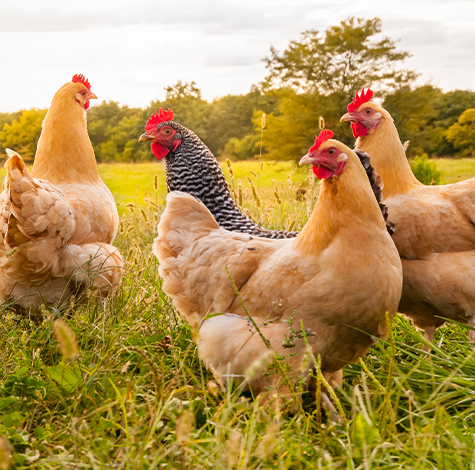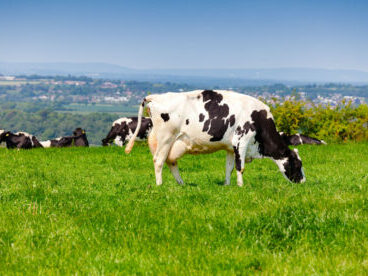A reduction in butterfats can spell disaster for profit margins–read on to make sure you’re using the right supplements for increased butterfat production.
Wrong fat supplementation can reduce butterfat – milk revenue
Optimising milk quality is essential if milk prices are to be maximised. UFAC UK Technical Manager Joe Magadi warns that feeding an inappropriate source of fatty acids in an attempt to boost overall energy intakes can have a negative effect on butterfat production.
He says feeding oils and fats to dairy cows increases energy intake and performance. At the same time, however, depending on the form they are fed, oils that are high in polyunsaturated fatty acids (PUFA) can cause milk fat depression “Fish oil has been a popular source of omega 3 fatty acids for many years. It can benefit the cow and the farmer in many ways including increasing energy intakes enhancing cow health and fertility and so improving margins.
But, to realise these benefits it is important that fish oil is delivered in a rumen-inert form which means they can bypass the rumen and be digested in the small intestine. Many products on the market are not adequately rumen protected.” Joe explains that fish oil is particularly high in PUFA and when fed in a non- rumen inert form can actually depress butterfat.
“PUFA are toxic to the rumen bacteria responsible for fibre fermentation. Digestion of fish oil in the rumen leads to the formation of milk fat- depressing bio-active products arising from a process called biohydrogenation. These bio-active metabolites commonly referred to as trans fats such as conjugated linoleic acid (CLA) suppress the activity of the key enzymes involved in milk fat production in the udder.
“In addition, oils that are not rumen- inert tend to coat forages, making them inaccessible to cellulolytic bacteria. This slows down fibre digestion, reduces feed intake and decreases milk production.
“Low fibre digestion also results in the rumen acetate: propionate ratio being reduced. This starves the udder of acetate which is the main building block of milk fat. Joe says it is widely reported that feeding moderate quantities of unprotected or bioactive oils tends to decrease butterfat by up to 1% unit.
Furthermore, if fish oil is not fed in a rumen-inert form, the omega 3 fatty acids which can have a direct effect on reproductive performance and health will be less effectively utilised due to being altered by the metabolic processes in the rumen.
Making fish oil rumen –inert allows the cow to derive all the benefits while reducing the risk of butterfat depression. UFAC UK has developed a specialised technique for producing slow-release rumen-inert fat supplements to maximise their effectiveness in the cow. The range includes Omega 3 Supplement and Dynalac which provide farmers with the only form of essential omega 3 fatty acids proven not to cause milk fat depression.


 Back to News
Back to News 



